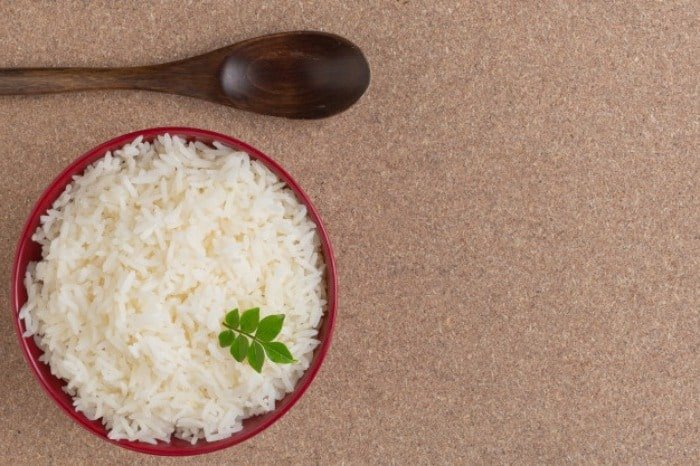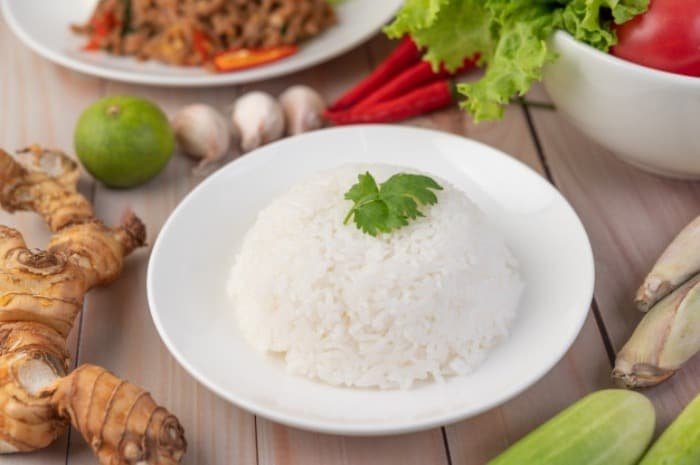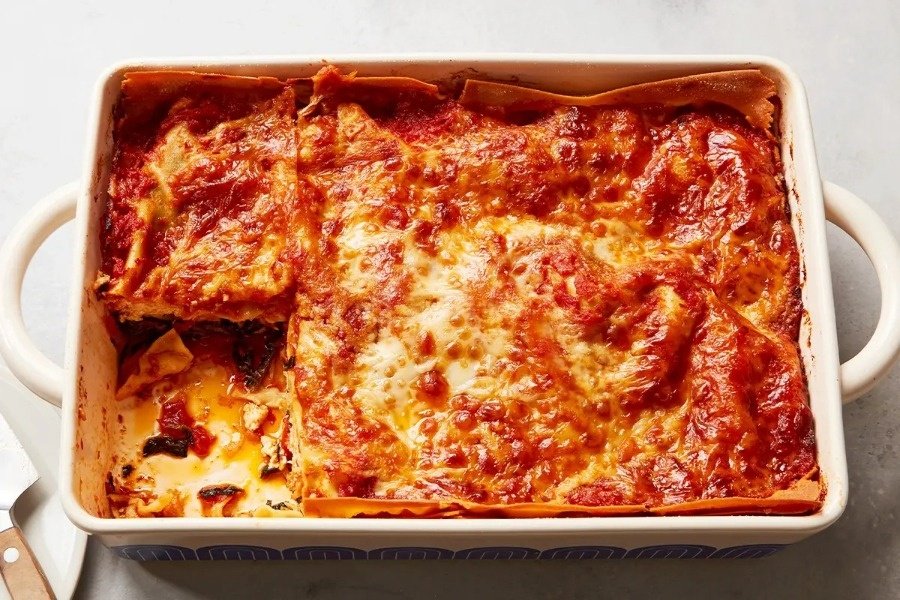The Side Effects of Overeating White Rice
Rice is high in carbohydrates and a great source of energy, helping the body, especially the brain, function properly. Carbohydrates are essential for humans as they are metabolized into energy.
Rice contains very low amounts of two dangerous substances: cholesterol and sodium. High cholesterol can be harmful to blood vessels and arteries, while excessive sodium can negatively affect those suffering fromhigh blood pressure.
Whole grain rice contains insoluble fiber that can protect the body against many cancers. It’s also rich in natural antioxidants likeVitamin C,Vitamin A, phenols, and flavonoids.
Research shows thatbrown riceis packed with nutrients that stimulate the growth and activity of neurotransmitters, significantly helping to preventAlzheimer’s disease.
Drawbacks of Rice
contains simple carbohydrates, and as explained before in the health and nutrition section onSelMagz, some types of rice are heavily processed; health experts have repeatedly warned about the dangers of processed foods.
Digestive Problems
Asstarchfrom white rice is sticky, it is harder to digest and may lead to digestive issues.
ToxinArsenicinorganic
rice absorbs more arsenic compared to other food products. In fact, rice is the largest food source of inorganic arsenic, which has a more toxic form. While arsenicin foodsgenerally exists in small amounts and doesn’t cause immediate poisoning symptoms, long-term consumption of inorganic arsenic can lead to various neurological issues in children and teenagers, including: difficulty concentrating, learning and memory problems, decreased intelligence, and social competence.
Additionally, excessive intake can increase the risk of cancer. For this reason, researchers recommend soaking rice overnight to reduce the arsenic content.
Diabetes
Rice contains carbohydrates that convert toblood sugar. Therefore, frequent consumption of large amounts of rice can lead to diabetes. A team of researchers confirmed this, finding that daily consumption of white rice can increase the risk ofType 2 Diabetesand also obesity. Generally, nutrition experts recommend choosingwhole grainsinstead of rice in your diet.
Leaves No Room for a Balanced Diet
Overconsumption of rice or any other food may cause you to consume fewer of the other nutrients essential for optimal health. Over time, the body may suffer from deficiencies like Vitamin A, zinc, and iron.
Prevention of Absorption of Several Vitamins and Minerals
Excessive consumption of rice can lead to reduced absorption of essential nutrients like zinc. Relying on rice as a primary food source can also causeVitamin A deficiency.
Impact on Glucose Metabolism in the Body
Due to its low-calorie and high carbohydrate content, overeating rice may negatively affect glucose metabolism and insulin production in your body, potentially leading toweight gain, insulin resistance, and even diabetes.
Abdominal Obesity, high levels oftriglyceridesin the blood, low levels of good HDL cholesterolhigh blood pressureand elevated fasting blood sugar are additional risks of consuming too much rice.
Effective Ways to Avoid the Risks of White Rice
Ricebrown
Increase Physical Activity
The most important factor in avoiding the harms of white rice is to engage in sufficient physical activity. If you have a sedentary job or avoid movement during the day, we recommend you incorporate some physical activity alongside eating white rice.
Avoid Industrial and Foreign Rice
Industrial and foreign rice contains inorganic arsenic, a toxic substance for the body, and consuming it long-term may have irreversible effects. Our experts advise against consuming such rice.











